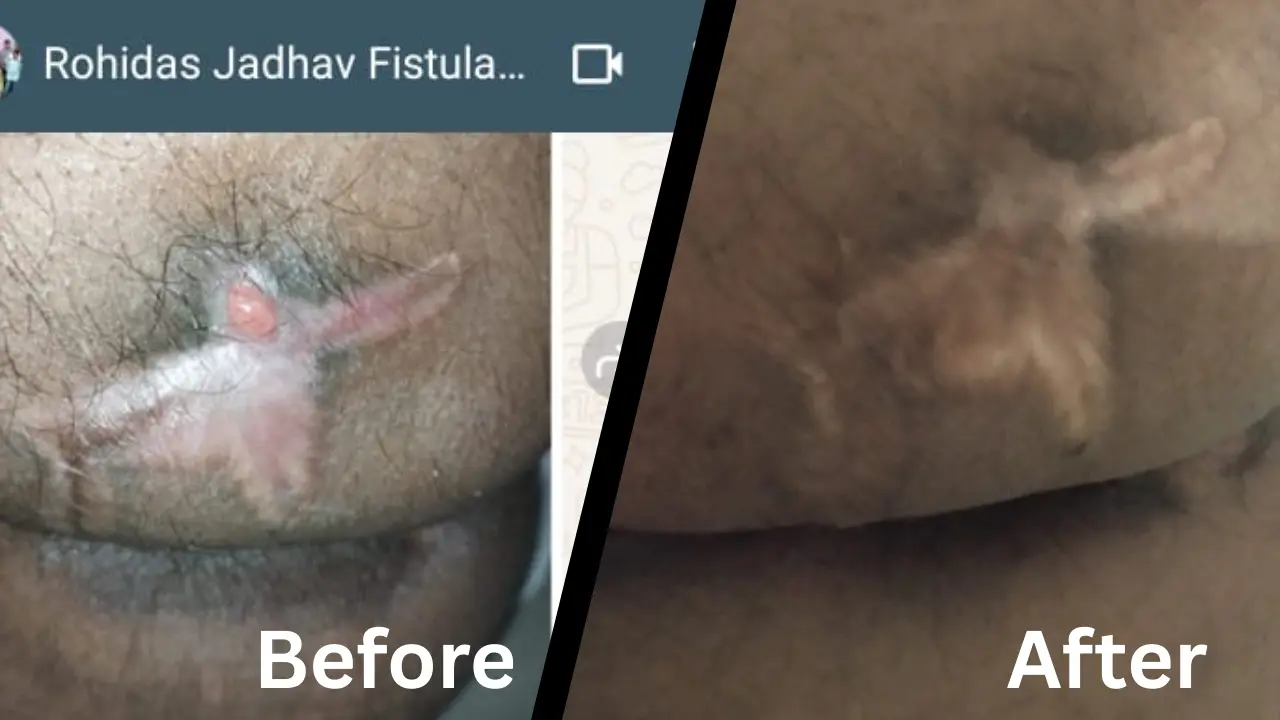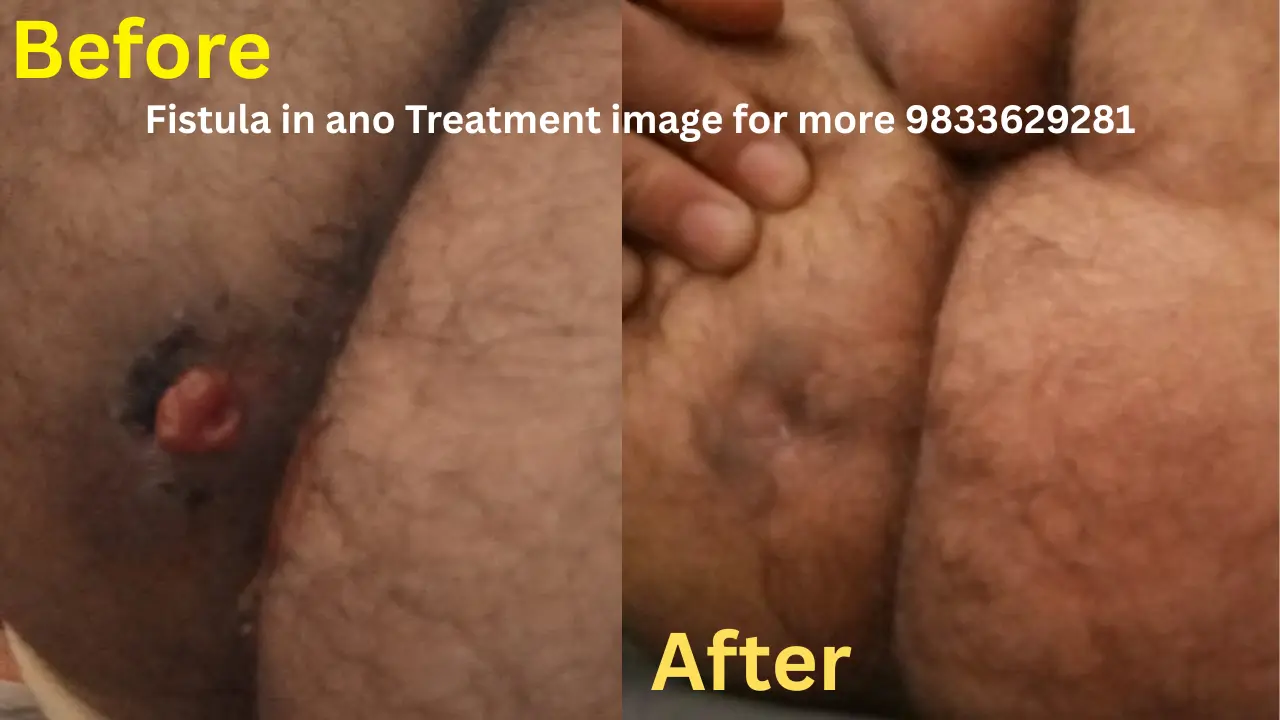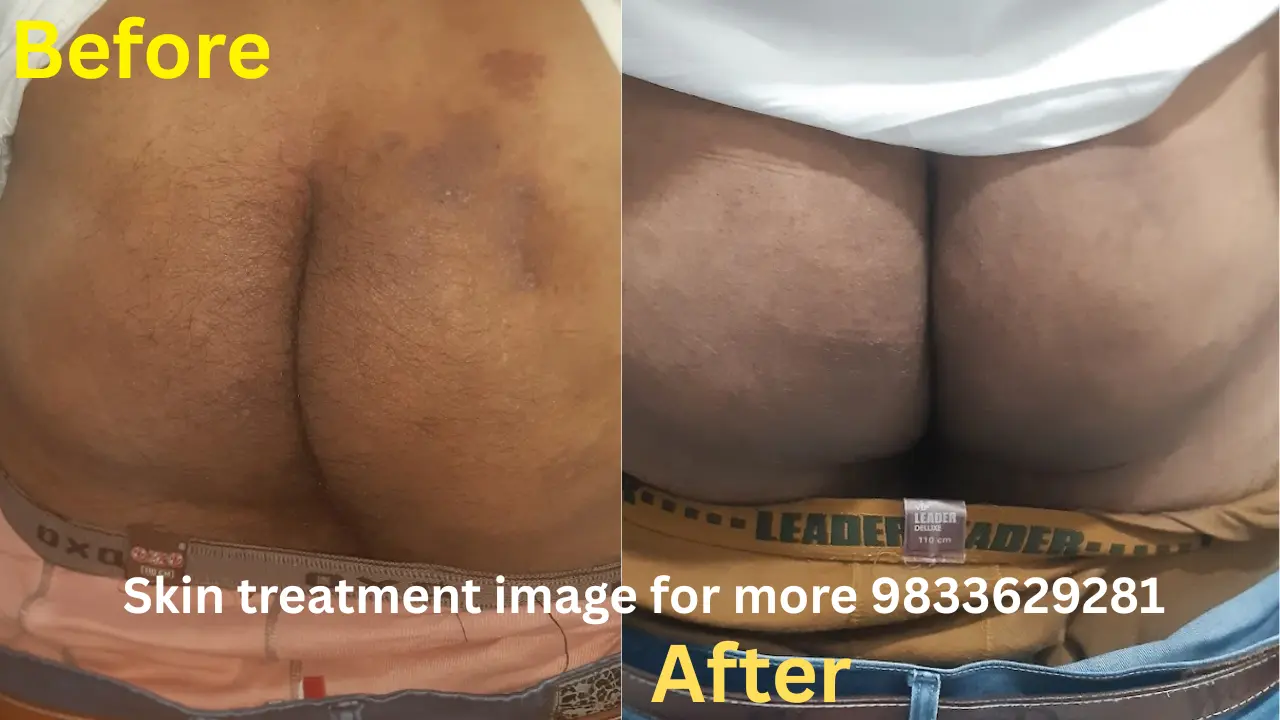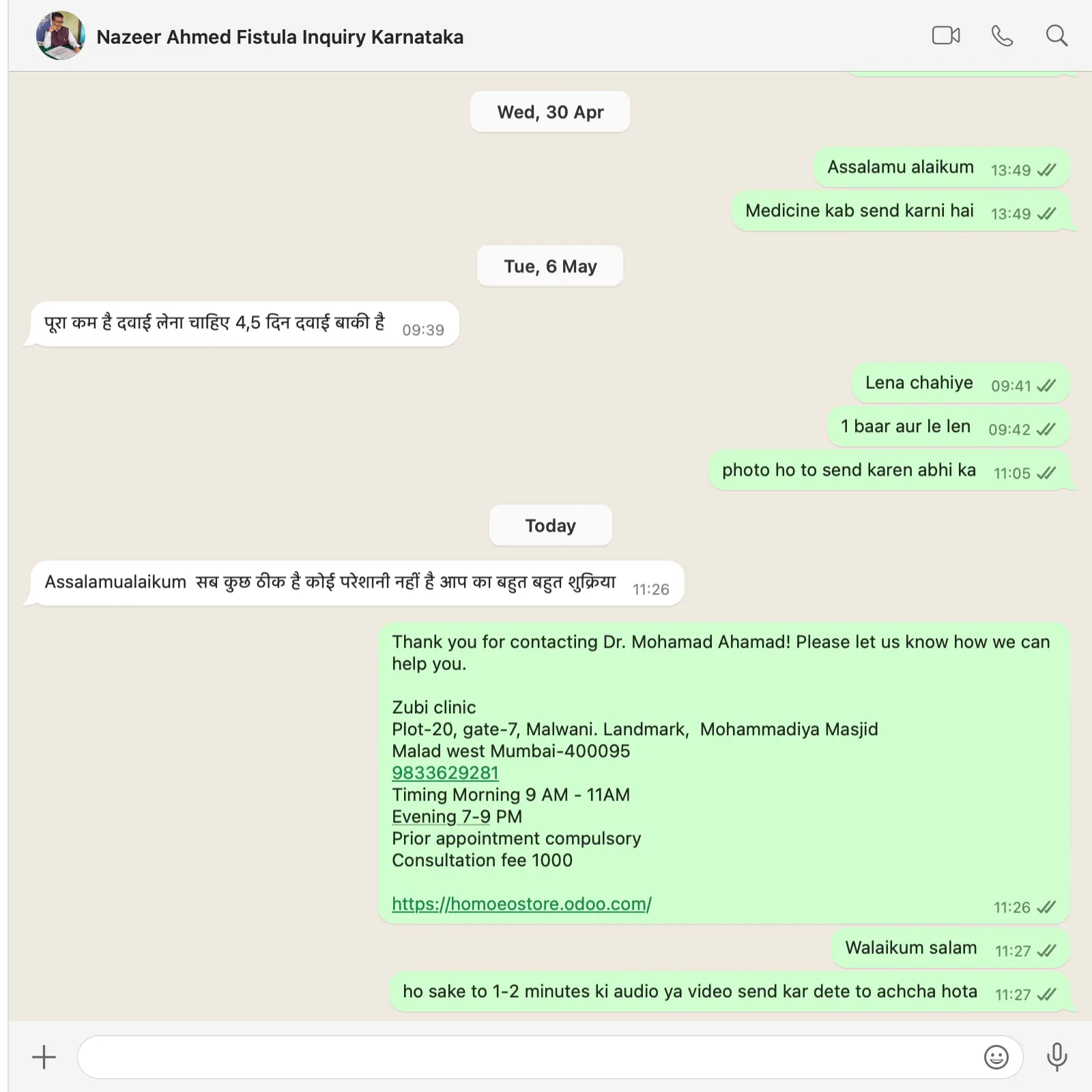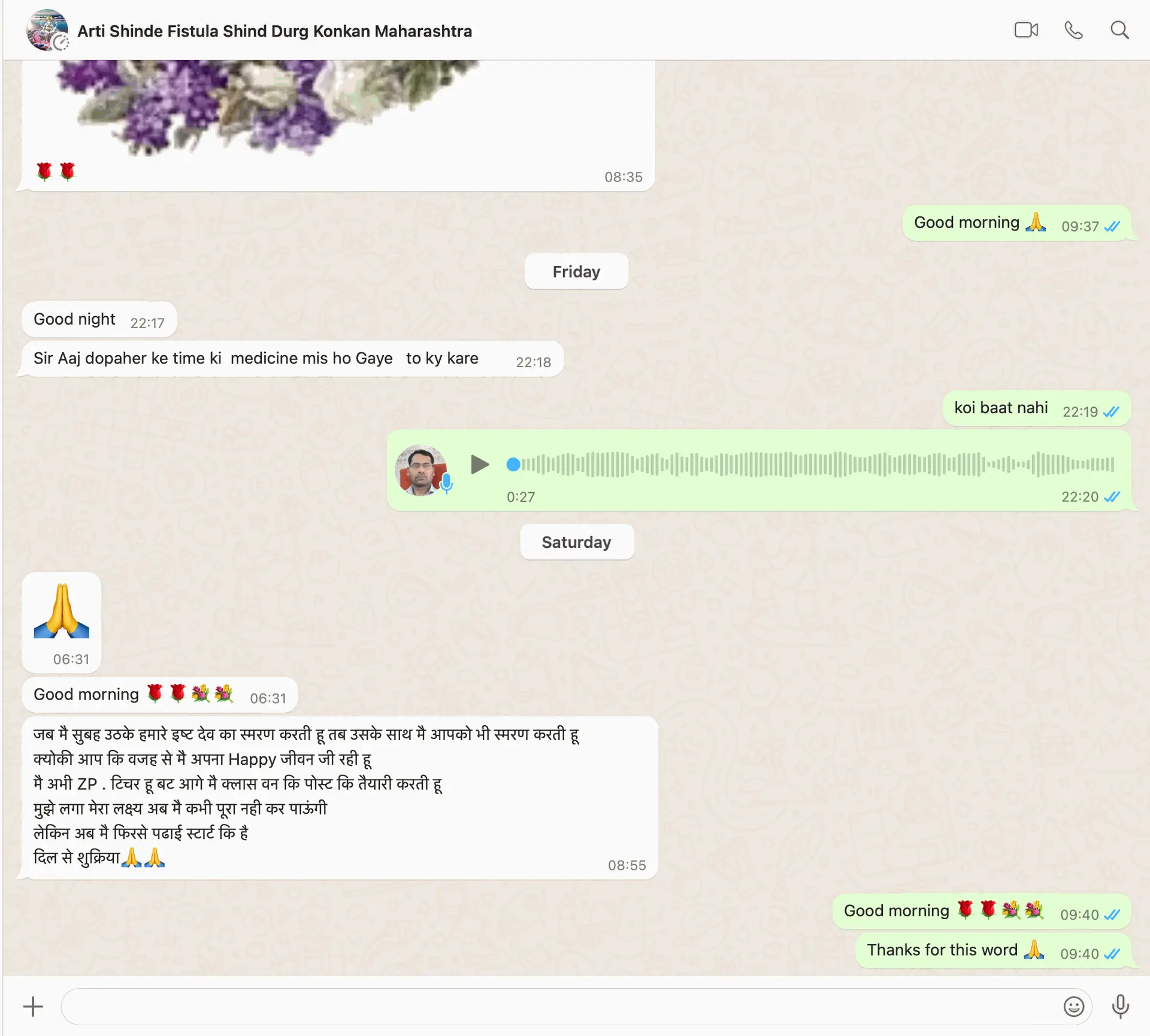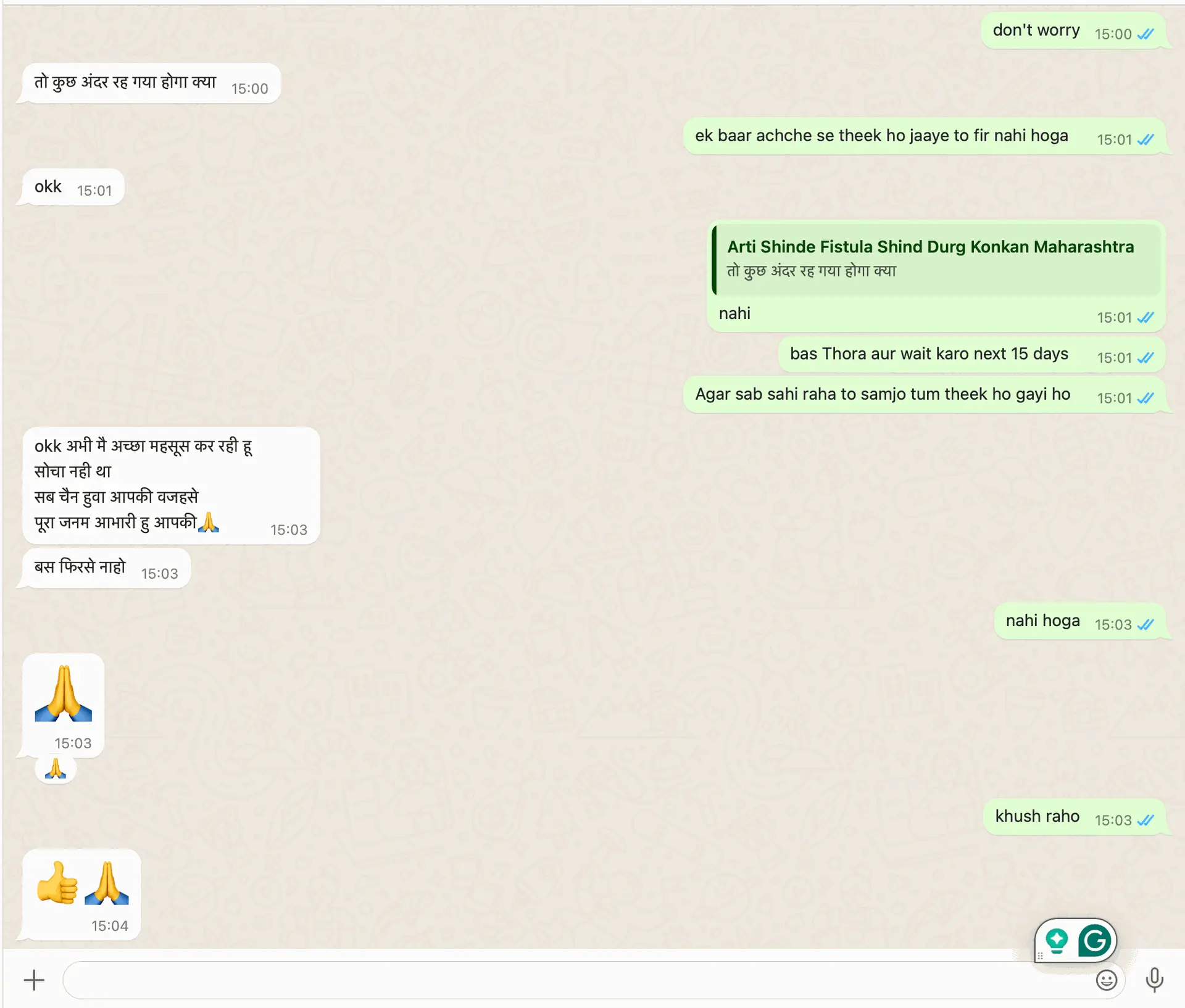Treatment of Psychosomatic Pain: A Holistic Approach
Psychosomatic pain is a complex condition where emotional and psychological factors significantly influence or cause physical pain. Although the pain feels real and can disrupt daily life, its origin is often rooted in mental or emotional distress. This blog explores symptoms, causes, treatments, therapies, and lifestyle changes to manage psychosomatic pain effectively.
Symptoms of Psychosomatic Pain
Psychosomatic pain can manifest in various ways, making diagnosis challenging. Common symptoms include:
- Persistent pain without a clear medical cause.
- Pain that worsens during stress or emotional distress.
- Symptoms such as headaches, back pain, abdominal pain, or joint pain.
- Physical discomfort accompanied by anxiety, depression, or emotional instability.
- Fatigue or insomnia.
Reasons Behind Psychosomatic Pain
The root causes of psychosomatic pain often lie in the interplay between mind and body. Key reasons include:
- Stress and Anxiety: Chronic stress can lead to muscle tension, hormonal imbalances, and nerve hypersensitivity, resulting in pain.
- Trauma: Past emotional or physical trauma may cause lingering pain as the body holds onto unresolved stress.
- Unresolved Emotions: Suppressing emotions like anger, sadness, or frustration can manifest as physical pain.
- Lifestyle Factors: Poor diet, lack of sleep, and a sedentary lifestyle can exacerbate pain caused by psychological factors.
Treatment Options
Effective treatment for psychosomatic pain involves addressing both the physical symptoms and the underlying psychological issues. A combination of therapies and holistic approaches works best.
- Medical Interventions:
- Over-the-counter pain relievers for temporary relief.
- Prescription medications for anxiety or depression if necessary.
- Cognitive Behavioral Therapy (CBT):
- Helps patients identify negative thought patterns and replace them with healthier perspectives.
- Reduces the intensity of pain perception.
- Homeopathy:
- Remedies like Ignatia (for grief-related pain) or Arnica (for trauma-induced pain) target the mind-body connection.
- A consultation with a homeopathic practitioner ensures personalized treatment.
- Mindfulness and Meditation:
- Practices such as mindfulness meditation reduce stress and improve emotional regulation.
- Progressive muscle relaxation helps ease physical tension.
- Yoga and Breathing Exercises:
- Yoga postures like Child's Pose (Balasana), Cat-Cow Pose (Marjaryasana-Bitilasana), and Bridge Pose (Setu Bandhasana) alleviate pain.
- Pranayama breathing techniques calm the mind and reduce stress-induced pain.
Diet and Nutrition
A healthy diet plays a vital role in managing psychosomatic pain. Focus on foods that reduce inflammation and boost mental health.
- Include:
- Omega-3 fatty acids (salmon, walnuts, flaxseeds) to reduce inflammation.
- Magnesium-rich foods (spinach, almonds, bananas) to relax muscles and nerves.
- Antioxidant-rich fruits and vegetables (berries, oranges, broccoli) to combat oxidative stress.
- Avoid:
- Processed foods and refined sugars, which can increase inflammation.
- Excess caffeine and alcohol, which can worsen anxiety and disrupt sleep.
Complementary Therapies
Several alternative therapies can provide additional relief:
- Massage Therapy: Reduces muscle tension and promotes relaxation.
- Acupuncture: Balances energy flow and alleviates chronic pain.
- Art or Music Therapy: Helps express emotions and reduce stress.
Lifestyle Tips for Managing Psychosomatic Pain
- Regular Exercise: Engage in low-impact activities like walking, swimming, or cycling to release endorphins.
- Adequate Sleep: Establish a consistent sleep schedule to allow the body and mind to heal.
- Journaling: Write about emotions and thoughts to process them effectively.
- Social Support: Maintain connections with friends and family for emotional resilience.
Conclusion
Psychosomatic pain is a reminder of the intricate connection between our mind and body. Treating it requires a comprehensive approach that addresses both physical discomfort and emotional well-being. Through a combination of medical treatment, therapy, yoga, a balanced diet, and lifestyle changes, individuals can find relief and restore their quality of life. Remember, seeking help from professionals and adopting holistic practices can make a significant difference in managing psychosomatic pain.
